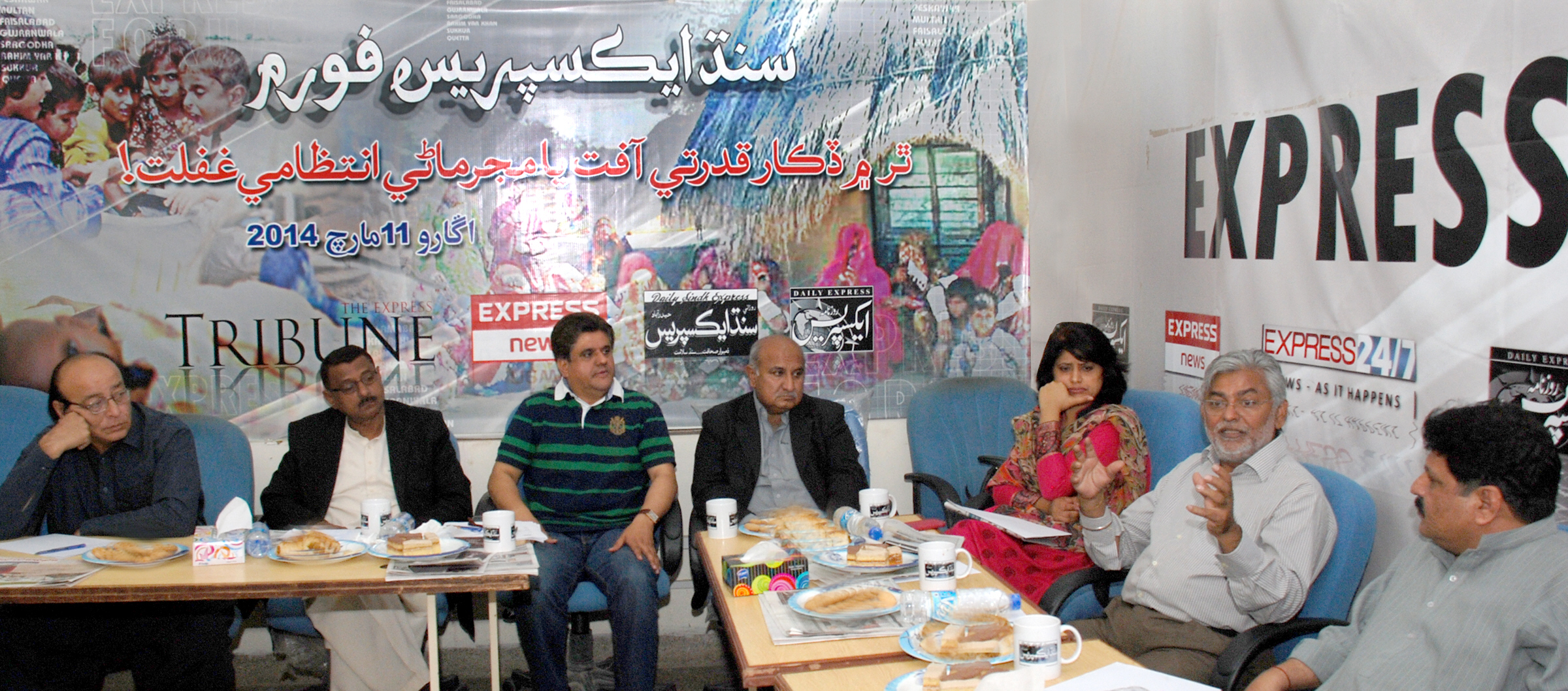
They also gave recommendations for future planning to prevent people and livestock from suffering further repercussions of any such incident.
"The Provincial Disaster Management Authority cautioned the Sindh government in November last year that a drought is developing. Yet, there was no action," said the head of Hisaar Foundation, Dr Sono Khangharani, pointing the finger towards the government's negligence.
He went on to add that even the ongoing relief activity to provide subsidised wheat showed a lack of understanding of the people's needs. "The government should provide the complete ration for three to four months to at least 100,000 families in Tharparkar," he suggested.
However, Suleman Abro of the Sindh Agriculture and Forestry Workers Coordination Organisation (SAFWCO) described the large scale migration out of Thar as a routine occurrence and urged people to not confuse it as being related to the disaster. "They go out to other districts to find employment in certain seasons. If we make an issue out of it, then we will, in all likelihood, deny employment opportunities to labourers."
Dr Arfana Mallah, a rights activist and leader of the Sindh University's teachers' union, also contested the description of the drought situation as a natural disaster. "The government says that most of the children have died due to pneumonia but why is it that only the poor children of Bheel, Kohli, Meghwadh die due to the cold? Why doesn't it affect the children of the rich?"
Arfana also objected to using the term 'normal' while referring to the migration of the Thari people. "We don't need to be defensive or apologetic about the situation, rather the need is to learn from the mismanagement and shortcomings for a long-term and permanent plan to address the problems which continue to affect these desert dwellers."
Zulfiqar Halepoto blamed the state for neglecting the development of Sindh in general and that of Tharparkar in particular, while also blaming military influence in the area for the state of the region. "You can't even appoint a medical superintendent in Chachro's hospital without the consent of the local military official," he claimed.
Columnist Dastgir Bhatti said the national electronic media has put Tharparkar's plight on the map. "Instead of blaming the media for exaggerating the issue, the government should accept its weaknesses."
Prof Hafeez Kunbhar of Sindh Agriculture University said food insecurity was the precursor to the prevailing human misery in Tharparkar. "More than half of Sindh lies in an arid zone but there is no government planning for rain harvesting."
On his recommendations, Khangarani said that the short term measures required are the provision of complete ration to the affected families over the next four months, fodder for the livestock and emergency medicinal supplies and health services.
Published in The Express Tribune, March 12th, 2014.
COMMENTS (1)
Comments are moderated and generally will be posted if they are on-topic and not abusive.
For more information, please see our Comments FAQ





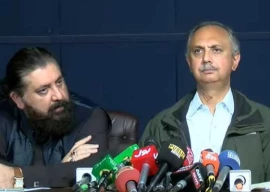
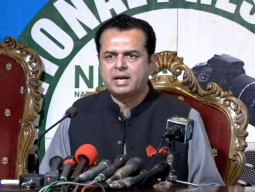
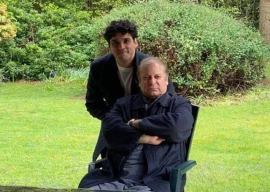
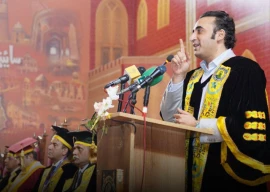





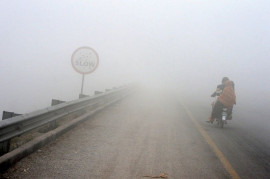

1734778885-0/Untitled-(10)1734778885-0-270x192.webp)






It seems that panelist have no suggestions but only blames, claims and flames against ppp government.